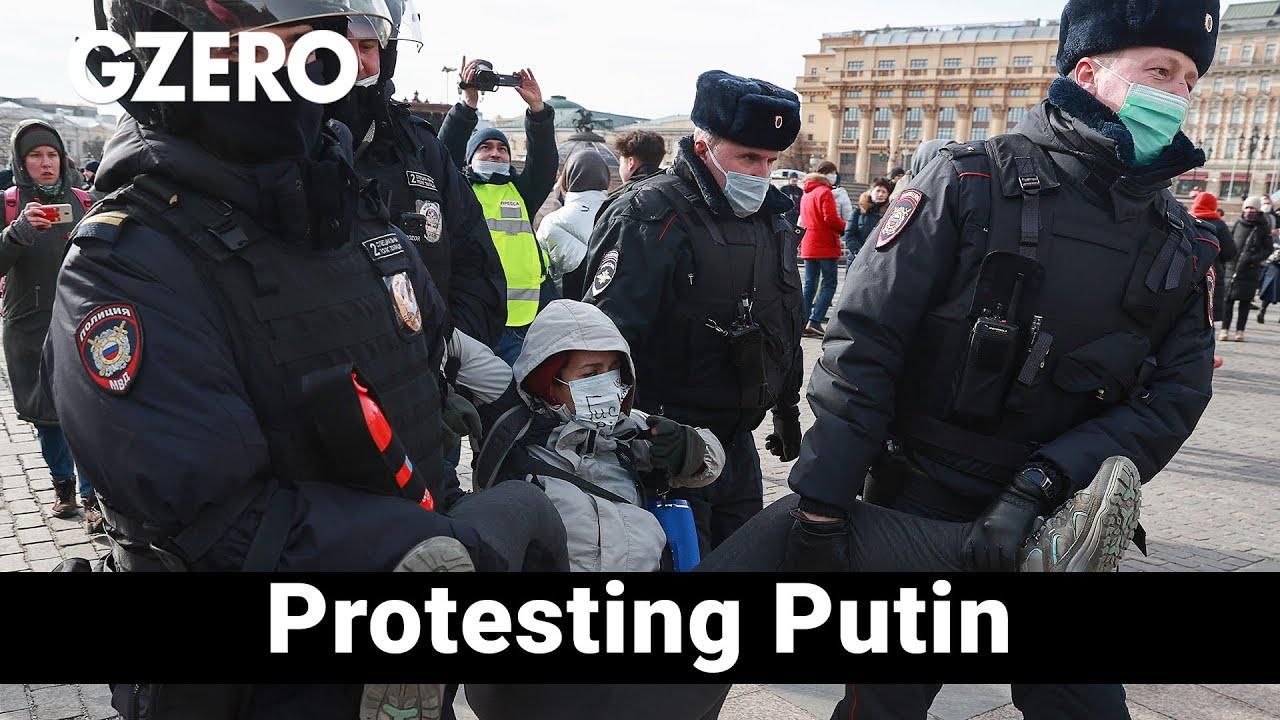GZERO World Clips
An inside look into how Russians see Putin’s war

An Inside Look Into How Russians See Putin’s War | GZERO World

Given Putin’s crackdown on free press inside Russia, and the steady stream of propaganda coming out of his state-controlled media outlets, it can be hard to gauge how Russians themselves are viewing this war. According to Moscow-based sociologist Greg Yudin, many Russians still adhere to the official narrative that there is no war happening in Ukraine. But cracks, he says, are beginning to show. Especially as economic sanctions make life harder and harder within Russia. And protests across the country are growing, despite steep repercussions.
Greg Yudin speaks from experience, having been bloodied and arrested at a recent war protest in Moscow’s Pushkin Square. GZERO’s Alex Gibson talked to Yudin—who joined from an undisclosed location—to get a sense of how domestic perceptions are changing as Putin’s war drags on.
In this Quick Take, Ian Bremmer breaks down the growing tensions between the US and Iran, calling it "the next area of potential large-scale conflict where President Trump is interested in changing the facts on the ground."
392,000: The estimated number of people displaced across Mozambique by recent rain-induced floods. Severe flooding in the southern African nation, as well as in South Africa and Zimbabwe, has killed over 100 people.